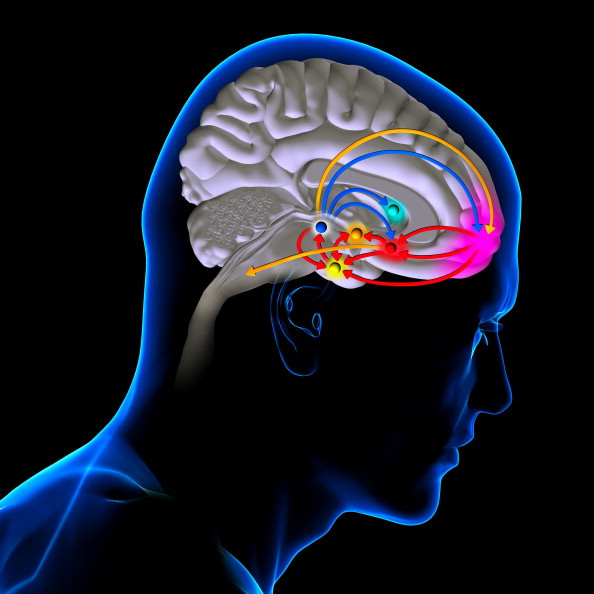Anxious teenager? Common genetic variant to blame for adolescent anxiety disorders

The peak of anxiety many adolescents feel could be caused by a common genetic variant, scientists claim.
Published in PNAS, a new study's aim was to pinpoint the genetic and molecular reasons for the emergence of anxiety-related behaviours when people reach their teenage years.
According to the study's authors, finding out how genetic factors influence the development of anxiety disorders and other psychiatric problems, at different stage of the brain development, is crucial. Scientists generally recognize that these disorders are frequent in adolescents, but few studies have been conducted on that age group to come up with appropriate treatments.
The researchers investigated the action of a common genetic variant affecting endocannabinoid signalling. In particular, they examined how the variant altered the connectivity between different brain structures.
MRI and endocannabinoids
During the study, the scientists analysed data from 1050 people aged between 3 and 21 years old. All were part of the PING study database, which looks at the links between genotypes and disorders in developing individuals. The researchers had access both to diffusion scans of the participants' brains and to self-reported measures of anxiety.

They also noted that some individuals had higher levels of endocannabinoids, the receptors involved in a range of physiological processes, including moods, memory or pain sensation. This was due to them having a genetic variant impacting the functioning of the FAAH enzyme, which is responsible for breaking down endocannabinoids.
On the scans, the scientists examined connectivity between two parts of the brain, the prefrontal cortex and the limbic structures. The participants who had the FAAH variant allele not only had higher levels of connectivity, but they also reported lower anxiety.
However, these results could only be applied to individuals older than 12 years old. This suggests the common FAAH variant allele does affect brain connections and anxious behaviours, but only from adolescence onwards, explaining the peak of anxiety often seen at that age.
The scientists now hope this discovery will pave the way for new treatments against anxiety disorders specifically designed for teenagers. "The results might aid the development of biomarkers for anxiety, as well as precision medicine approaches that optimize the treatment of adolescents with psychiatric disorders", they point out.
© Copyright IBTimes 2025. All rights reserved.






















